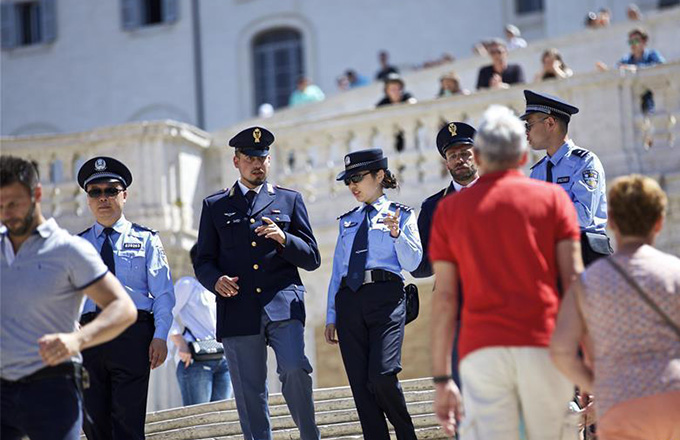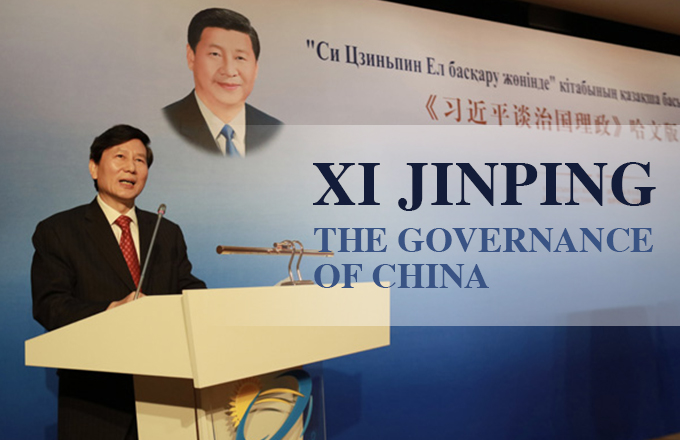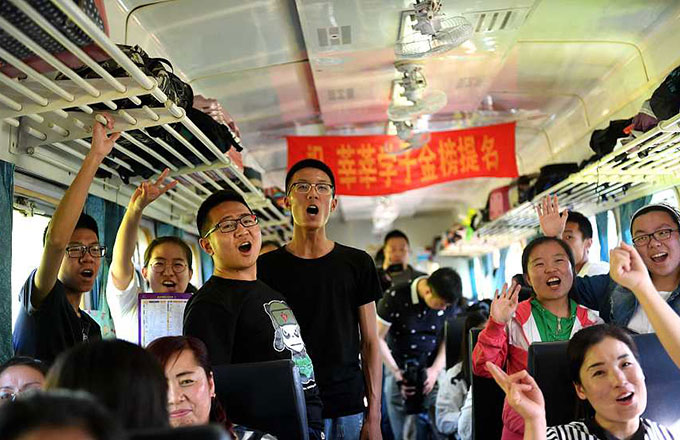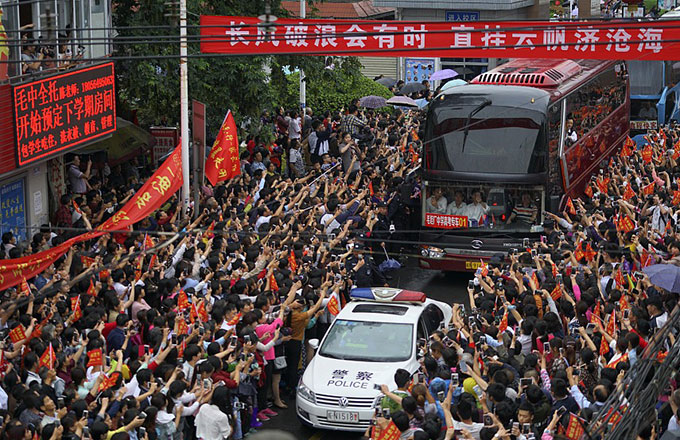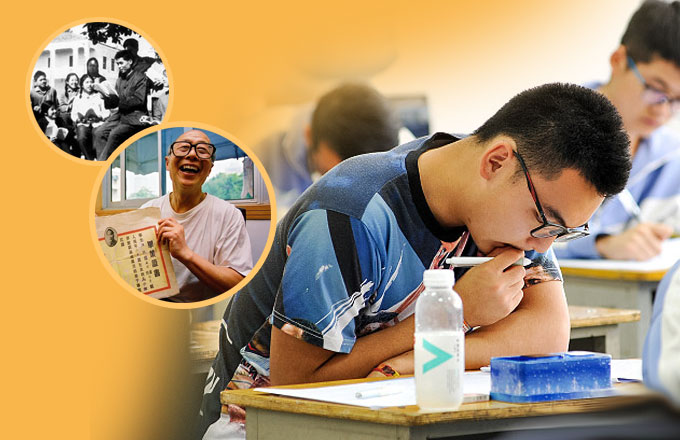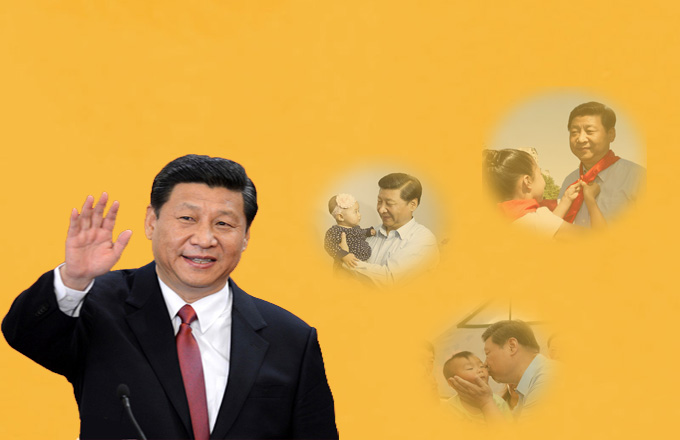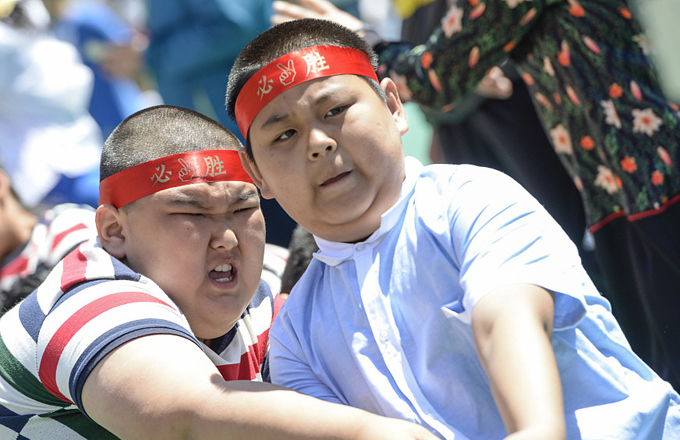Fake sex medicine complaints on the rise
An apparent rise in sales of fake sex medicines is the result of increasing demand and more purchases from online shops and small businesses, prosecutors in Shanghai said on Monday.
Sexual arousal drugs accounted for 86 percent of all cases handled by prosecutors in Shanghai during a three-year campaign from 2014 to 2016 against bogus medicines, according to the Shanghai People's Procuratorate.
Prosecutors handled a total of about 300 cases related to fake drugs in the three years, involving about 150 criminal suspects.
"The rise of cases involving fake or illegal sexual arousal drugs was eye-catching," said Gong Peihua, deputy chief procurator of the Shanghai People's Procuratorate, at a media briefing.
Li Ping, head of the department of investigatory supervision at the procuratorate, said: "On one hand, a growing number of people may want to try such products. On the other, law enforcement authorities have received quite a few complaints in this field, so we've taken more vigorous enforcement measures."
Prosecutors said the internet and small brick-and-mortar stores that sell sex products are the main channels for distribution of counterfeit drugs that promise to boost sexual performance.
"Some pills use a combination of medicinal powder and ordinary flour, and are quite cheap," Li said. "Long-term use of such drugs may harm people's health."
Li said some people may feel embarrassed to go to drug stores to buy such medicines, so they shop online or sneak in to small shops selling sex products at night.
Prosecutors from Shanghai Jing'an district looked into a case in which three suspects opened an online store and sold male impotence drug counterfeits last year. Police found nearly 20,000 pills in a 10-square-meter storehouse.
One suspect, surnamed Zhao, said each box of pills cost between 3 yuan ($0.40) to 25 yuan when purchased through illegal channels. They are sold at nearly 100 yuan per box. The three men were arrested on suspicion of selling fake medicine.
Sales of illegal weight-reducing medicines and cosmetic injections at beauty salons were also notable. The number of such cases jumped from only one in 2014 to 13 in 2015 and 10 last year, Li said.






